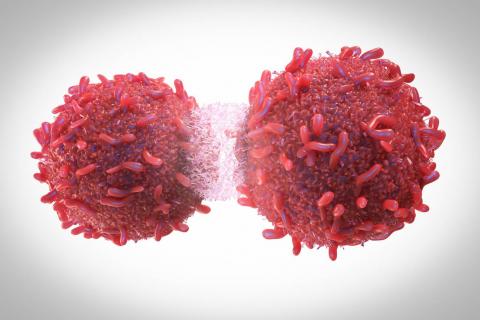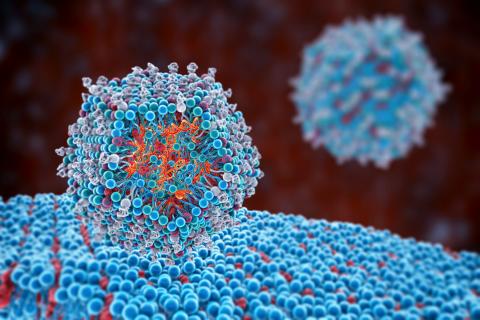Reaction: Study finds "major deficiencies" in cancer drug information provided to patients and doctors
Research published in The BMJ has compared the information on cancer drugs available to regulatory authorities with that officially received by doctors and patients. According to the authors, important information is often omitted. In particular, "none of the package inserts communicated information about the benefits of the drug that patients could expect based on the results of the studies". In addition, doubts raised by European evaluators about the reliability of the evidence "were rarely communicated to physicians, patients or the public," they say.

Jiménez - Fármacos (EN)
Mercedes Jiménez
Senior scientist at the Margarita Salas Biological Research Centre of the CSIC.
The article is an observational study that compares information to the general public and patients on cancer medicines (package leaflets and information to medical professionals) approved in a short time interval (2017-2019) with the information that regulatory authorities (EMA) request and receive, in a more regulated way, for approval.
The authors find differences on important issues that result in poor communication on certain aspects that influence patients' knowledge and decision-making about the benefits (and risks) of these medicines.
For example, information to patients always includes the composition of the drug and its mechanism of action, how it works; but they have not found in any public information the number and design of the studies conducted, how many people have participated in the trials, the survival rate and the benefits in terms of quality of life.
For the authors, the massive amount of information on how the drug works could even lead to misinterpretation, as it could overestimate the evidence on its effectiveness by not detailing it. They also detect a lack of information on the strength and quality of the evidence and even the distinction between whether the drug is preventive, therapeutic or palliative.
The authors call for more complete communication and intervention to regulate the aspects that are omitted and that they consider necessary to make relevant health decisions.
In my opinion, information on covid-19 vaccines has generated a scenario of need for knowledge that has been seen as important and essential for better decision-making. As far as health is concerned, communication must be rigorous, complete and accessible (easy to understand), but it must also inspire confidence; it must contain the benefits and risks identified and it is up to the regulatory bodies to monitor that it reaches patients.
Davis et al.
- Research article
- Peer reviewed
- Observational study
- People



